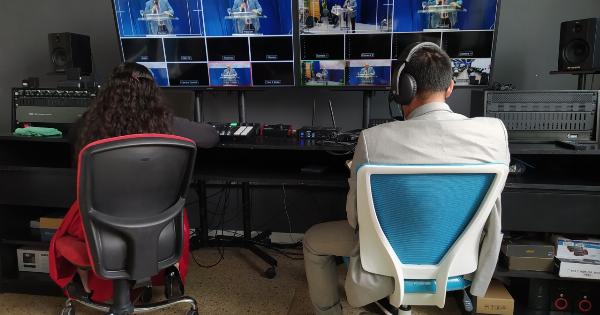Beliefs regarding intellectual superiority can vary among different cultures, often shaped by historical, social, and educational factors.
While it is crucial to approach cultural generalizations cautiously, we can explore the influence of certain cultural contexts on the perception of male intellectual superiority. This article aims to examine various cultural perspectives, provide insights into the potential reasons behind these beliefs, and highlight the importance of understanding cultural diversity in discussions about intellectual capabilities.
The Influence of Cultural Background
Cultural norms, traditions, and values play a significant role in shaping beliefs within societies. In certain cultures, the perception of male intellectual superiority may be more prevalent due to a combination of historical and social factors.
However, it is essential to note that this does not imply a universal mindset or belief system across an entire culture or population. Rather, it represents a tendency within specific contexts.
Historical Context
The historical context of a culture can significantly impact beliefs and attitudes towards intellectual capabilities.
In many societies, women have historically faced societal restrictions and limited access to education, resulting in a perceived intellectual gap between genders. This gap has often been perpetuated through generations, creating a prevailing notion of male intellectual superiority in these cultures.
Social and Gender Roles
Social and gender roles assigned to individuals can also contribute to the belief in male intellectual superiority.
In certain cultures, men are traditionally assigned roles that are perceived as intellectually demanding, such as leadership positions, which can reinforce the notion of male intellectual superiority. These assigned roles may be deeply ingrained in societal structures, making it challenging to dispel these beliefs without comprehensive societal shifts and cultural changes.
Educational Factors
The education system plays a vital role in shaping beliefs about intellectual capabilities. In some cultures, access to quality education has historically been limited for women, perpetuating the perception of male intellectual superiority.
Gender biases within the educational system, such as teacher expectations and stereotypes, can also contribute to the development of these beliefs. However, it is important to acknowledge that educational systems and attitudes towards gender equality have evolved over time, leading to positive changes in many societies.
Cultural Variation
While certain cultures may exhibit a stronger tendency towards the belief in male intellectual superiority, it is essential to recognize the significant variation in cultural attitudes and beliefs globally.
Beliefs about intellectual superiority can differ even within a single culture due to factors such as regional differences, socioeconomic status, and exposure to diverse perspectives.
The Impact of Cultural Stereotypes
Cultural stereotypes can reinforce beliefs about intellectual superiority. These stereotypes often lead to biases in various aspects of life, including education, employment opportunities, and societal expectations.
It is crucial to challenge these stereotypes and promote a more inclusive and diverse understanding of intellectual capabilities across all cultures.
Promoting Gender Equality
To ensure progress towards gender equality and challenge the belief in male intellectual superiority, various steps can be taken. These steps include:.
1. Education and Awareness
Developing educational programs that raise awareness about gender biases and promote inclusivity can help address the belief in male intellectual superiority.
By promoting equal opportunities for both genders and challenging traditional gender roles, societies can foster a more equitable environment.
2. Encouraging Female Representation
Increasing female representation in leadership positions, academia, and other traditionally male-dominated fields can help challenge the belief in male intellectual superiority.
This can be facilitated through initiatives that support and empower women to pursue careers in these areas.
3. Changing Social Perceptions
Efforts aimed at changing social perceptions and stereotypes are vital in combating the belief in male intellectual superiority.
Engaging in open discussions, promoting positive role models, and challenging gender norms can all contribute to dismantling these deeply ingrained beliefs.
Conclusion
The belief in male intellectual superiority can be influenced by various cultural factors, including historical context, social and gender roles, and educational systems.
However, it is crucial to approach cultural generalizations with caution and recognize the vast diversity of beliefs and attitudes within and across cultures. By challenging stereotypes, promoting gender equality, and fostering inclusive educational environments, we can work towards eradicating the belief in male intellectual superiority and creating a more equitable society.





























